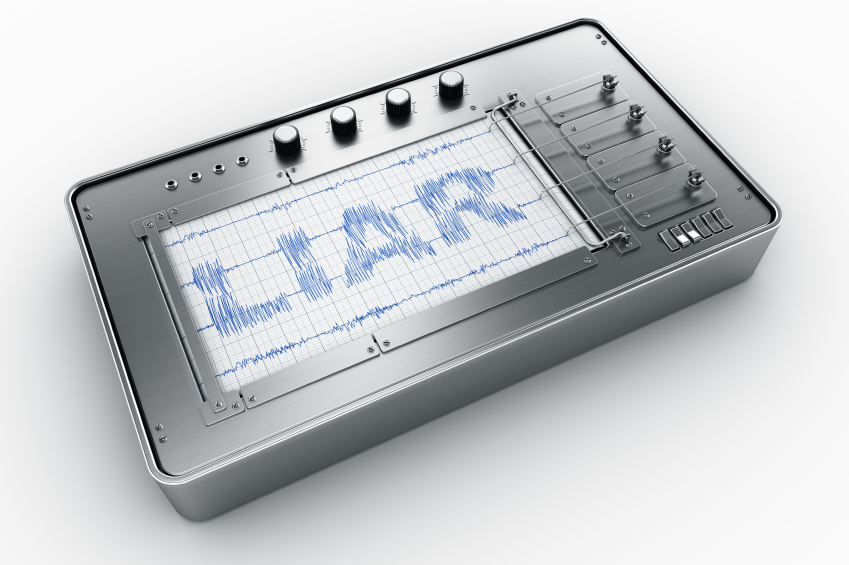Update on DoD Continuous Evaluation Alert Statistics

The Defense Counterintelligence and Security Agency’s Vetting Risk Operations Center (VROC) reported as of June 2019 they have enrolled around 1,347,000 security clearance holders into their Continuous Evaluation (CE) Program. This CE population includes contractors, federal civilians, and members of all four branches of the military. Since getting on its feet in FY 2017, the VROC received 81,260 CE alerts thus far. Below is the breakdown of the types of issues concerned:
– Financial Considerations = 30,858 (55%)
– Criminal Conduct = 14,426 (26%)
– Alcohol Consumption = 5,149 (9%)
– Drug Involvement = 4,204 (8%)
– Sexual Behavior = 813 (2%)
– Personal Conduct = 9 (<1%)
– Allegiance to the U.S. = 183 (<1%)
I find it interesting that “Allegiance to the U.S.” had so many alerts considering not one Defense Office of Hearing and Appeals (DOHA) case in the past four years involved this guideline. Another interesting observation is the fact no alerts fell under foreign preference or foreign influence guidelines. Here are some other metrics posted by the VROC during the last National Industrial Security Program Policy Advisory Committee (NISPPAC) meeting:
– Number of Deferred Periodic Reinvestigations = 36,586
– Interim Clearances Processed = 72,539
– Average Number of Days to Grant Interim = 15
Changes and updates in policy and security clearance processing continue to be in flux and the transition of the background investigation process from NBIB to DCSA in is full swing. As many on this site have noted, it seems the backlog has swung from background investigations over to the adjudication side of the process. That’s where the real focus should be.



“Allegiance to the U.S.” issue are likely popping from social media posts and reaction to the Trump administration . . . but, in any case, the fact that these are showing up in CE doesn’t mean that they are causing denials which is what would be required in order to show up on the DOHA lists. My guess is that in traditional investigations these issues show up, get investigated and adjudicated without causing denials and that many who are denied for over this issue decide NOT to appeal their decisions.
Who is conducting the continuous evaluation work? Are the agencies conducting this work from their HQ or are they hiring contracting agencies or telework employees?
The public DOHA “lists” only involve contractor denials where the contractor fights the denial to my knowledge.
The allegiance issue pops up under more than social media posts. Reactions to the Trump Administration (or any previous administration) has never popped up under the allegiance issue cases I have worked.
I have been getting a lot of RSI (definitely CE work) and a lot of TESIs.
Not all of the CE “hits” require a background investigation. The Subject could simply get an intent to revoke (LOR) letter or a clearance denial (LOD) from the owning agency. This gives the Subject the opportunity to rebut the issue.